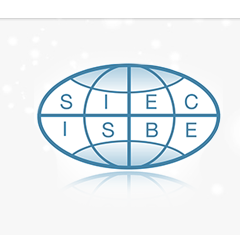Abstract
Simulation games are recognized as useful and effective learning tools in the business world, as they create conditions within micro-worlds where participants can experience results of different strategies, which they want to undertake. This use of strategies enables game participants to explore multi-party decision rules and analyse factors that stimulate or hinder the personally desired decision outcomes.
Within this context the purpose of the paper is to present the outcomes of an experiment evaluating and comparing an application of a serious game with other teaching methods in the academic study of sustainable development concepts as a part of bachelor’s and master’s degree curriculum in business management.
The tested hypothesis is that experiencing a designed situation during a simulation game can provide students with deeper understanding of presented complex issues and concepts more effectively than a lecture, text analysis, or discussion. A controlled experiment was conducted in the sustainable development class to test the hypothesis. The benefits from applying the designed simulation game in teaching compared to the selected methods were presented. The importance and value added of a debriefing as well as a designed evaluation of the compared teaching methods were discussed.
Recommended Citation
Dubel, D.Sc., Anna
(2015)
"Using games in business education: An evaluation experiment comparing games to other selected methods in teaching sustainable development concepts,"
International Journal for Business Education: Vol. 155:
No.
1, Article 3.
DOI: https://doi.org/10.30707/IJBE155.1.1648133093.381331
Available at:
https://ir.library.illinoisstate.edu/ijbe/vol155/iss1/3

